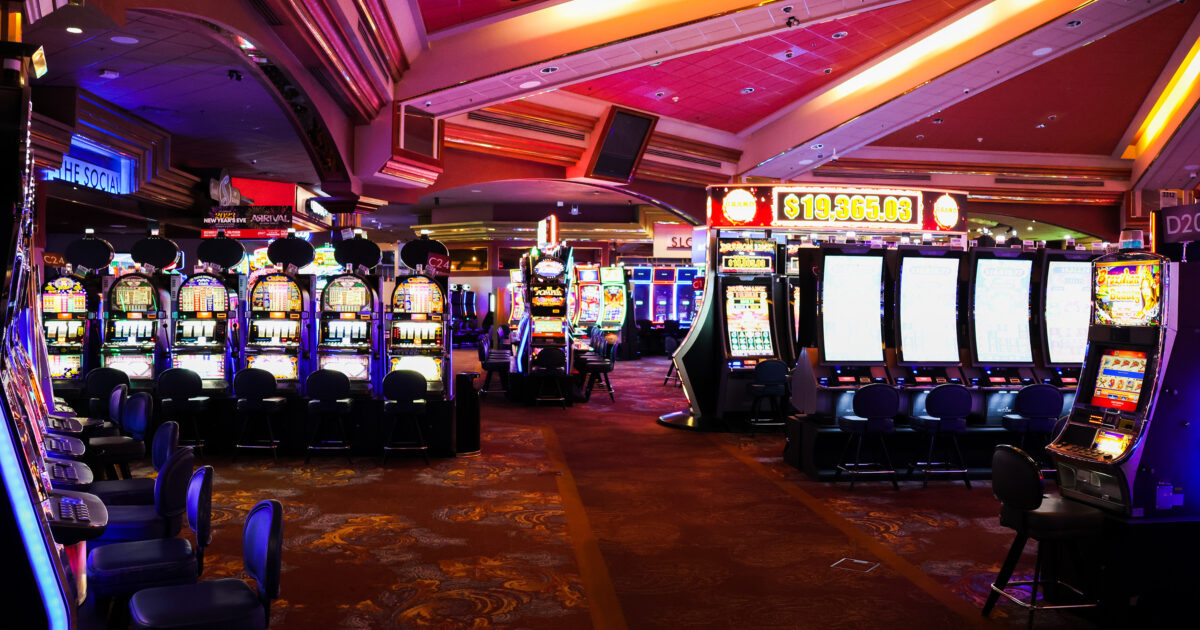In the world of gambling, in which chance and strategy meet, a unique tapestry of beliefs emerges—one that weaves together luck, fate, and the enigmatic nature of casino games. Casinos, bustling with excitement and anticipation, are not just places for placing bets; they are also arenas where superstitions thrive. Ranging from the novice player to the seasoned gambler, these mysterious practices often shape how individuals approach the games they play, believing that their actions can impact the outcome in ways that go beyond mere probability.
As players gather around roulette wheels, blackjack tables, and slot machines, the atmosphere is thick with stories of lucky charms, rituals, and codified behavior that defy logic yet provide a sense of comfort. It could be the case that it’s wearing a specific outfit, following a particular sequence of bets, or even avoiding certain numbers, the attachment to various superstitions reflects a deep-rooted desire to manipulate the uncontrollable. This article delves into the captivating world of casino game superstitions, exploring the beliefs that both entertain and mystify those who dare to play.

Historical Beginnings of Superstitions
Betting activities have long been interwoven with an variety of superstitions that can be traced to ancient civilizations. The origins of these ideas can be linked to humanity’s innate desire to control the uncertain outcomes connected with fortune and chance. In primitive civilizations, activities of uncertainty were often connected to ritualistic practices. Gamblers would call upon favor or ask for favor from gods, believing that their actions could change the outcomes in their advantage. This basis laid the foundation for the variety of superstitions that proliferated as betting evolved over centuries.
During the Middle Ages, betting became a popular hobby across the continent, and with it, a colorful tapestry of superstitions developed. Participants adopted numerous rituals and charms, believing they could affect the outcome of games. The importance of digits, in particular, emerged to show in superstitions pertaining to card games and dice. The number seven was often considered auspicious, while different numbers carried negative connotations. These beliefs mirrored the social contexts of the time, adapting as they transferred through generations and changed to new gaming environments.
As casinos developed in the 1600s, particularly in the Italian peninsula and the French nation, the atmosphere surrounding betting became steeped in mystique. The growing accessibility of gambling games allowed for the expansion and diversification of superstitions among players. Concepts like lucky charms, special seating positions, and rituals gained importance, creating a distinct culture within casinos. As these customs continued to thrive, they became fundamental to the character of gambling activities, illustrating how history and society shape the notions that influence how gamblers connect with chance.
Popular Casino Superstitions
Superstitions surrounding gambling games are plentiful and diverse, mirroring the hopes and anxieties of players as they participate in chance-based activities. One of the most common beliefs is that specific numbers bring luck or misfortune. For example, the digit 7 is often seen as a lucky number, frequently embraced by gamblers looking for a favorable result. Conversely, the digit thirteen is routinely considered cursed, leading many players to avoid it during their gaming periods.
Another frequent superstition relates to rituals that gamblers believe can affect their odds. Whether blowing gently on dice before a roll, using a particular gesture to place a bet, or even putting on specific items of attire, many people feel that these actions can sway fate in their benefit. These rituals offer a feeling of control in an otherwise random environment, strengthening the idea that fortune can be manufactured through personal beliefs and habits.
Finally, the ambiance and atmosphere of the casino itself adds to myths. Many gamblers suggest that the presence of certain icons, such as four-leaved clovers or fortunate tokens, can enhance their chances of winning. Additionally, players might hold to the notion that winning streaks can be interrupted by mundane occurrences, such as a person passing by or a accident at the gaming surface. The shared atmosphere in a casino can amplify these superstitions, creating a communal culture of myths that goes beyond single experiences.
Impact of Superstitions on Players
Superstitions play a crucial role in the psychology of casino players, often affecting their behavior and choices. Numerous gamblers believe that fortune can be influenced through different rituals, such as donning a talisman, choosing particular hues, or steering clear of particular digits. This dependence on superstitions can create a sense of authority in an environment that is inherently unpredictable. Players frequently feel more self-assured and engaged when they think that their actions could sway the outcome of a game in their advantage.
The impact of these superstitions extends beyond individual players, affecting the overall atmosphere within the casino. For instance, a player who holds the belief in the luck of a particular slot machine might attract a gathering, as onlookers are fascinated by their apparent luck. This shared belief can amplify excitement and create a lively environment, leading to an engaging experience even for those who may not necessarily be believers themselves. The buzz around specific games can lead to higher participation and longer playing sessions, supporting the casino’s vibrant social scene.
In some cases, superstitions can lead to detrimental effects for players. ww88 con Depending too heavily on rituals can result in bad gambling decisions, as some may overlook basic strategies in favor of baseless beliefs. Additionally, the pressure to perform rituals may increase anxiety and tension, diminishing from the enjoyment of the experience. Ultimately, while superstitions can enhance the excitement of playing casino games, they can also lead to foolish choices that overshadow the enjoyment and entertainment intended in the casino experience.